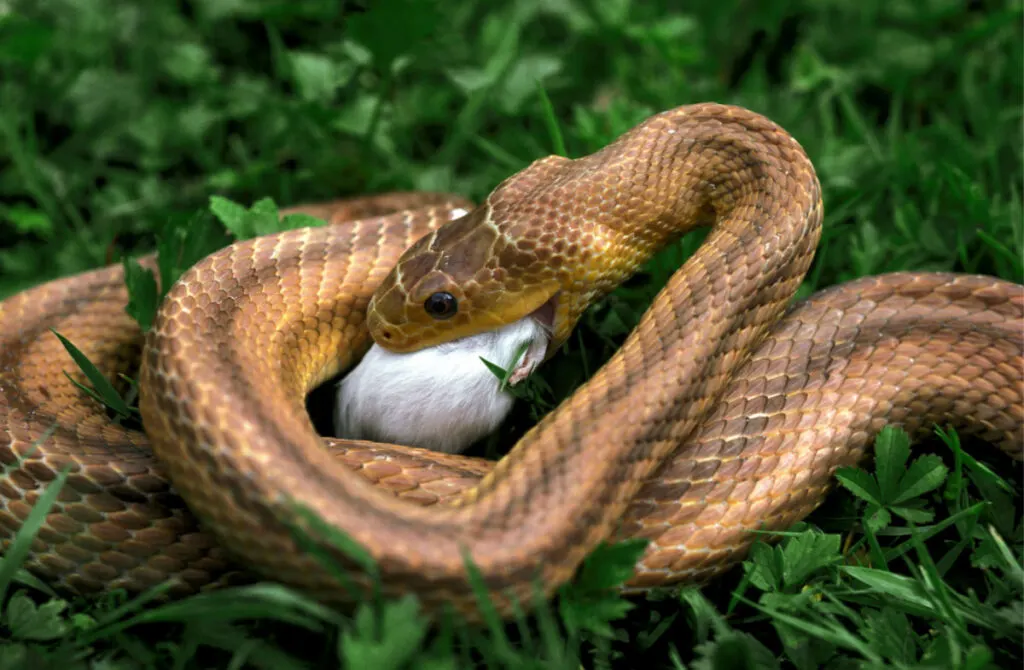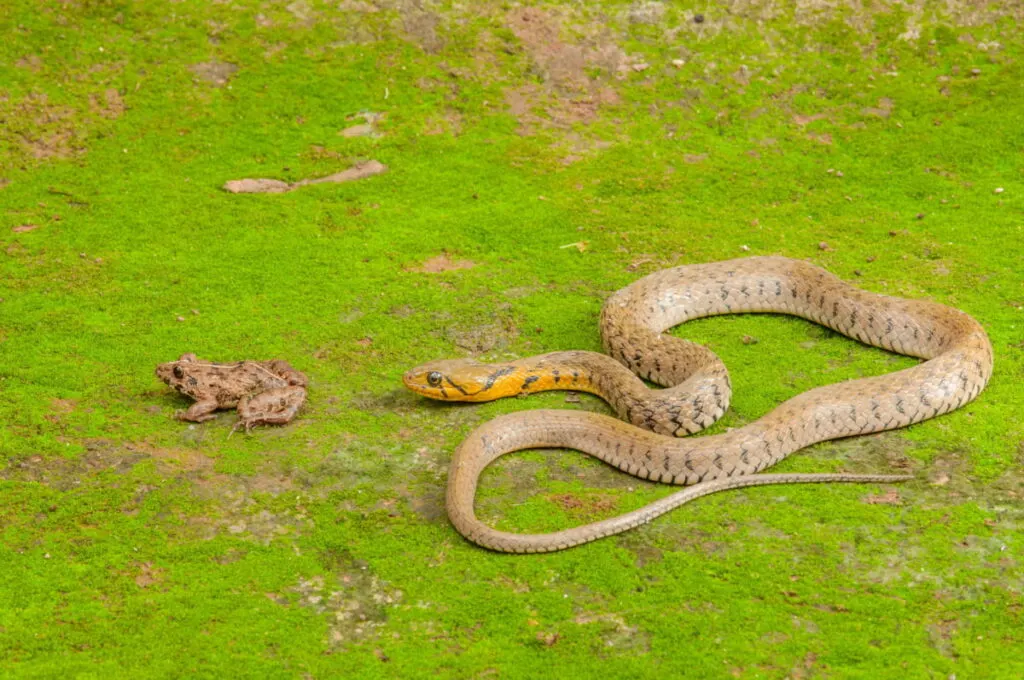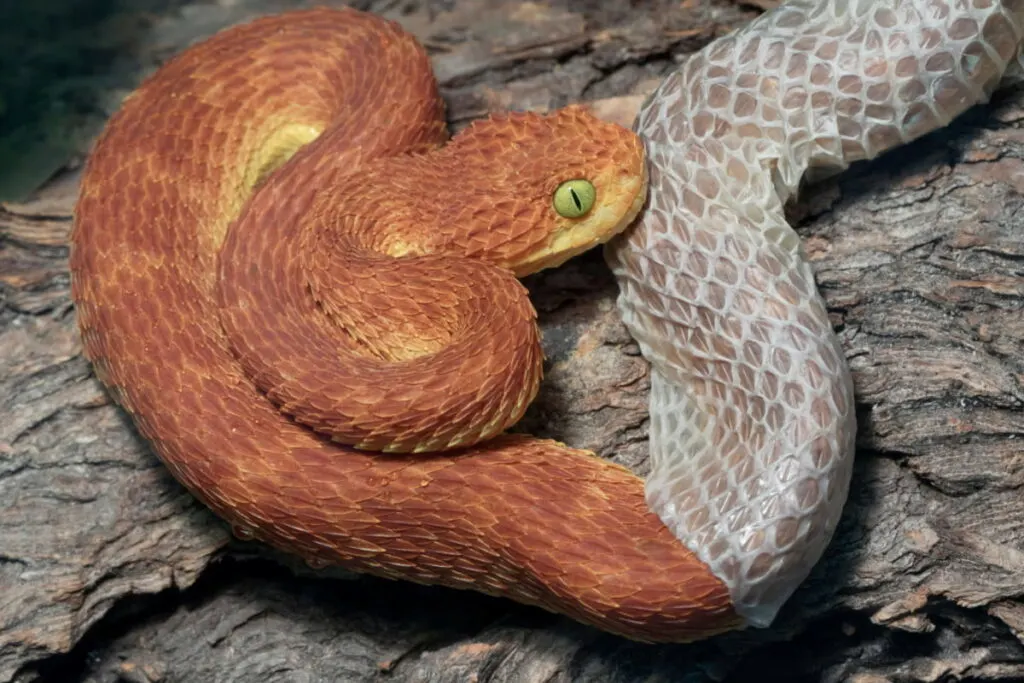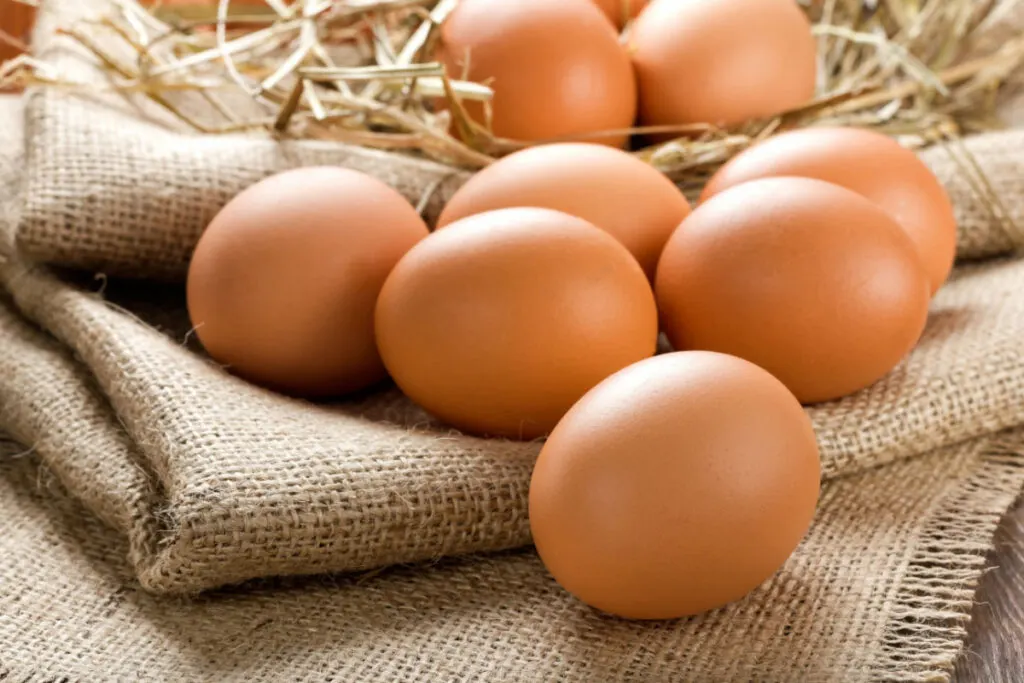Although snakes have, for a long time, been profiled to be harmful creatures, they are actually friendly, intelligent, diverse, and fascinating. Different snake species employ different techniques to hunt down, capture, and eat their target prey.
All snakes do not eat the same prey, so before buying one, study the snake’s background to familiarize yourself with what they would prefer to eat, whether it be mice, birds, or larger animals. In all circumstances, all snakes are carnivorous, including the occasional instances when they eat eggs.
Understanding their nutritional needs will help you choose the best foods for your snake.

Table of Contents
Why Are All Snakes Carnivorous?
All snakes are carnivorous because their digestive systems are very short, and not adapted to derive nutrients from any form of plant material. Besides this, snakes swallow their prey whole, without even a little chewing.
A snake’s gut is also adapted to digesting high-calorie foods like rodents and small insects, and plant material would not give it the necessary calories needed to sustain it, even if it could be digested.
So now that plant materials are out of bounds for snakes, what do snakes eat? Read on for more details.
What Do Snakes Eat?
Depending on the species, snakes prefer different prey from rodents and birds to even small antelopes, and whatever they can handle. But all snakes are exclusively carnivores. They may occasionally eat eggs only for their high protein content.
As much as you can, try to replicate its diet in the wild. Though by nature of how it is procured, what you feed it will be a little off from what your snake would eat in the wild.
Different snakes might like either warm or cold-blooded vertebrates and invertebrates, ranging from mice, rats, guinea pigs, rabbits, mouse pups, chickens, ducks, frogs, toads, fish, and slugs, to even earthworms. But generally, rodents are popular options.
Larger species like pythons and anacondas might go for larger prey like antelopes or monkeys, after which, they can go for weeks without eating. In rare instances will they go for larger hunters like lions and jaguars, and they only hunt these out of desperation, say when they are sick or malnourished.
Just like humans, snakes are not designed to hunt their own kind but out of desperation and starvation, they may resolve to cannibalism, and may even eat their young ones.
Snakes prefer to have their prey whole. Therefore, if you wish to feed your snake frozen food, make sure that it is first safe for your snake. It should be fully thawed and fed to the snakes after attaining room temperature.
Whole meals are good for your snake because they provide diets that are nutritionally complete and help a great deal in avoiding diet-related complications that are most evident in other reptiles.
Although snakes prefer eating live prey to get the most nutrients from their hunt, experts recommend feeding dead rodents to captive snakes. This is for two reasons. Firstly, to avoid the psychological torture the rodent might undergo while being hunted by the snake in a confined area, and secondly, to avoid the physical altercation that might end up getting your pet snake scratched or harmed by the rodent during the hunt.
It doesn’t matter the size of a rodent, but each one is capable of inflicting a life-threatening and infectious bite to your snake. Therefore, as much as they prefer live prey, train your snakes to eat dead prey by feeding them freshly killed prey.
But avoid stinking and decomposing prey. Your snake will not eat this.

How Often Should You Feed Your Snake?
The frequency of feeding your pet snake all depends on the reptile’s requirements based on their size, age, and activity levels.
Young snakes with smaller sizes are generally more active and will need to be fed more frequently, say twice a week. Larger and more mature snakes only need to be fed whole prey at a lesser frequency, say once every week or fortnight.
Your snake will automatically let you know the frequency it needs to be fed when you offer food. If it jumps on the food a short while after you offer, it means it was hungry and needed to be fed, but if it doesn’t eat its meal, then it is not hungry, and doesn’t need feeding yet.
Out of the analysis from this feeding behavior, you will establish how often you need to feed your pet. If you are uncertain, always consult your vet for the correct recommendations on feeding frequencies for your pet.
No matter the size, female snakes approaching breeding season will need to be fed more frequently for the much-needed energy in the coming days.
How Do Snakes Hunt?
Snakes are fierce hunters who employ a variety of methods to hunt, capture and eat their desired prey. These methods include deployment of fast-acting venom to paralyze and kill prey, slow body constriction until suffocation, or simply swallowing the prey soon after capture.
For their level of hunting, snakes are pretty fantastic hunters owing to the fact that they have no legs or limbs to run or clutch their prey. Out in the wild, snakes will stalk their prey for hours, patiently waiting for the right moment to strike when their prey is most vulnerable, within a blink of an eye.
Adding to these outstanding abilities, snakes have a strong sense of smell that helps them identify their prey. They use their forked tongues to gather information as they slither, including the smell of nearby prey. This information is transmitted to the vomeronasal organ, otherwise known as Jacobson’s organ, which is located at their mouth’s roof.
This organ is responsible for the interpretation of this information, subsequently determining how far a prey is, and what type it is. It also helps the snake determine if a nearby predator could be harmful to them.
For some other snakes like rattlesnakes, their forked tongue has advanced capabilities to even sense the body heat of nearby prey.

Do You Need To Give Your Snake Water?
Yes, every animal needs water to survive, and so do snakes. Find a heavy ceramic bowl or crock that cannot be easily toppled over, and fill it with clean fresh water.
The bowl should also be large enough to enable the snake to soak in at times since they like soaking in water. This helps them stay properly hydrated, and even shed properly.
Snakes will at times defecate in their water bowls, so you need to frequently change the water after washing, rinsing, and disinfecting the bowl.
Do Snakes Eat Their Babies?
As aforementioned, snakes are naturally not hunters of their own kind. However, if you keep them in an enclosure with their babies and there isn’t enough food, they will opt for cannibalism.
Most snakes are also egg layers, and will often not have time to interact with their young ones, so they will often swallow their eggs if they go hungry and their eggs are available.
Why Your Snake Won’t Eat
It should be a matter of concern if your snake won’t eat, even when you know it is hungry. Causes of rejection of food might be minor or major issues and all should be addressed independently.
The minor issues could be improper surrounding temperature, new environment, noise, shedding, hibernation, pregnancy, lack of privacy, and even anorexia associated with the breeding season.
Serious issues could be parasites, kidney failure, cancer, or any other underlying health problem. In such cases, your vet should help you diagnose the problem and give a proper recommendation.

Tips for feeding Snakes
- Multiple snakes should be fed separately to avoid fighting over food.
- Use a pair of tongs to drop food in the snake’s cages.
- Give your snakes some space to fully digest their food before handling them.
- Ensure your snake has access to clean water in a bowl that is large enough for them to soak themselves in.
- Any uneaten food should be removed from the cage after three to four hours of being in the cage.
What Not To Feed Snakes
Snakes are strictly carnivores, but before you go for any random rodent or egg, find out the snake’s breed and what is appropriate for it to eat.
Try as much as possible to replicate its diet in the wild. Forcing it to eat whatever you offer that is not suitable will possibly kill it.
Not all snakes eat eggs, and not all eat rodents. Vegetables, milk, or any plant material, on the other hand, are totally out of question. Your snake might be curious to try, in rare instances, but this is not suitable for your snake.
Their digestive systems are not designed to handle plant material or anything different from meat. Cooked meat should also never be part of their diet, as they get the most nutrients out of raw meat.

Conclusion
Snakes are extensively diverse, from being safe and docile to some that are very aggressive and venomous.
When it comes to feeding, however, they might share a few common prey preferences but it is important to know the specifics of feeding them before offering any food.
If you are uncertain, always consult your vet for a few guidelines on feeding and handling them.
Resources
- https://www.msdvetmanual.com/management-and-nutrition/nutrition-exotic-and-zoo-animals/nutrition-in-snakes
- https://vcahospitals.com/know-your-pet/snakes-feeding
- https://a-z-animals.com/blog/what-do-snakes-eat/
- https://www.pawtracks.com/other-animals/what-to-feed-pet-snake/
- https://snake-facts.weebly.com/what-do-snakes-eat.html
- https://www.animalfoodplanet.com/what-do-snakes-eat/
- http://www.macroevolution.net/what-do-snakes-eat.html
